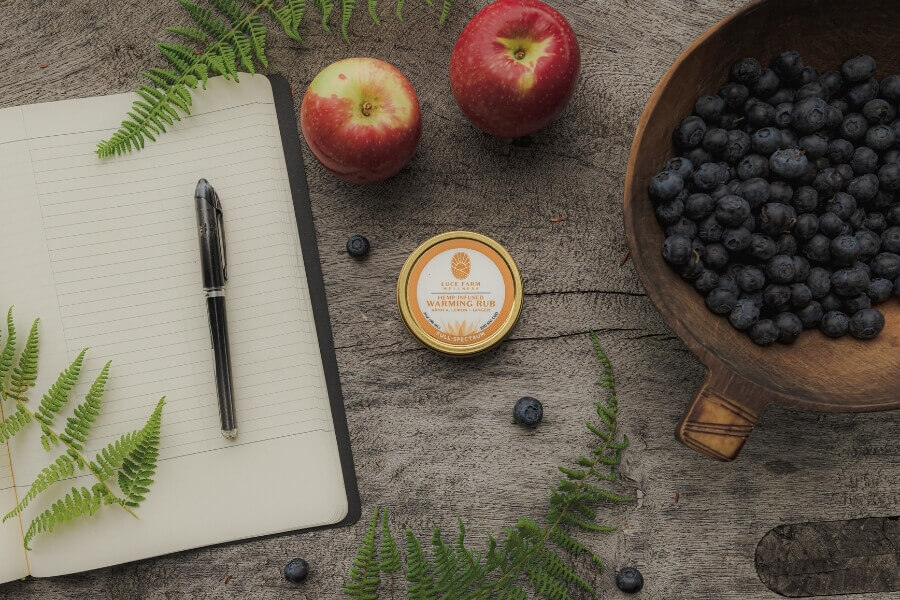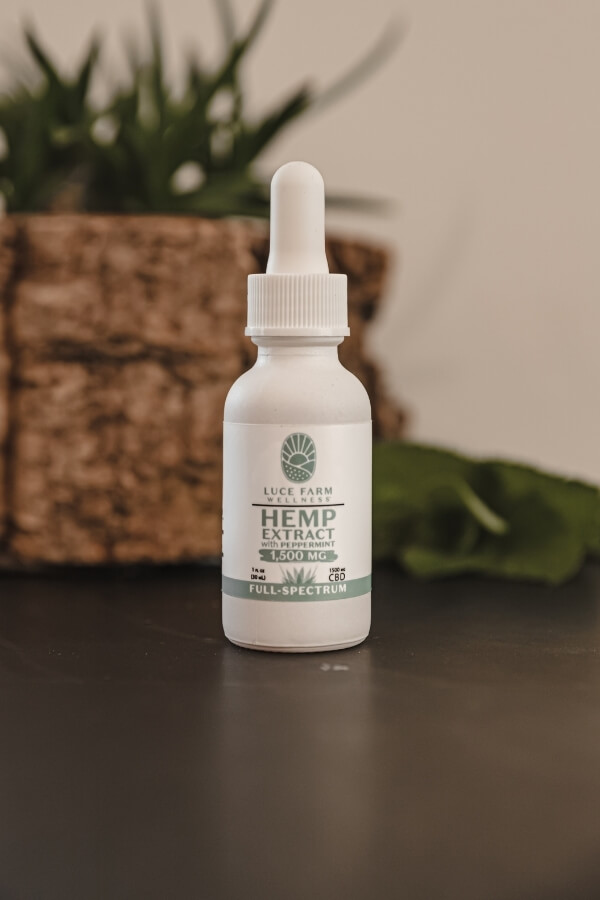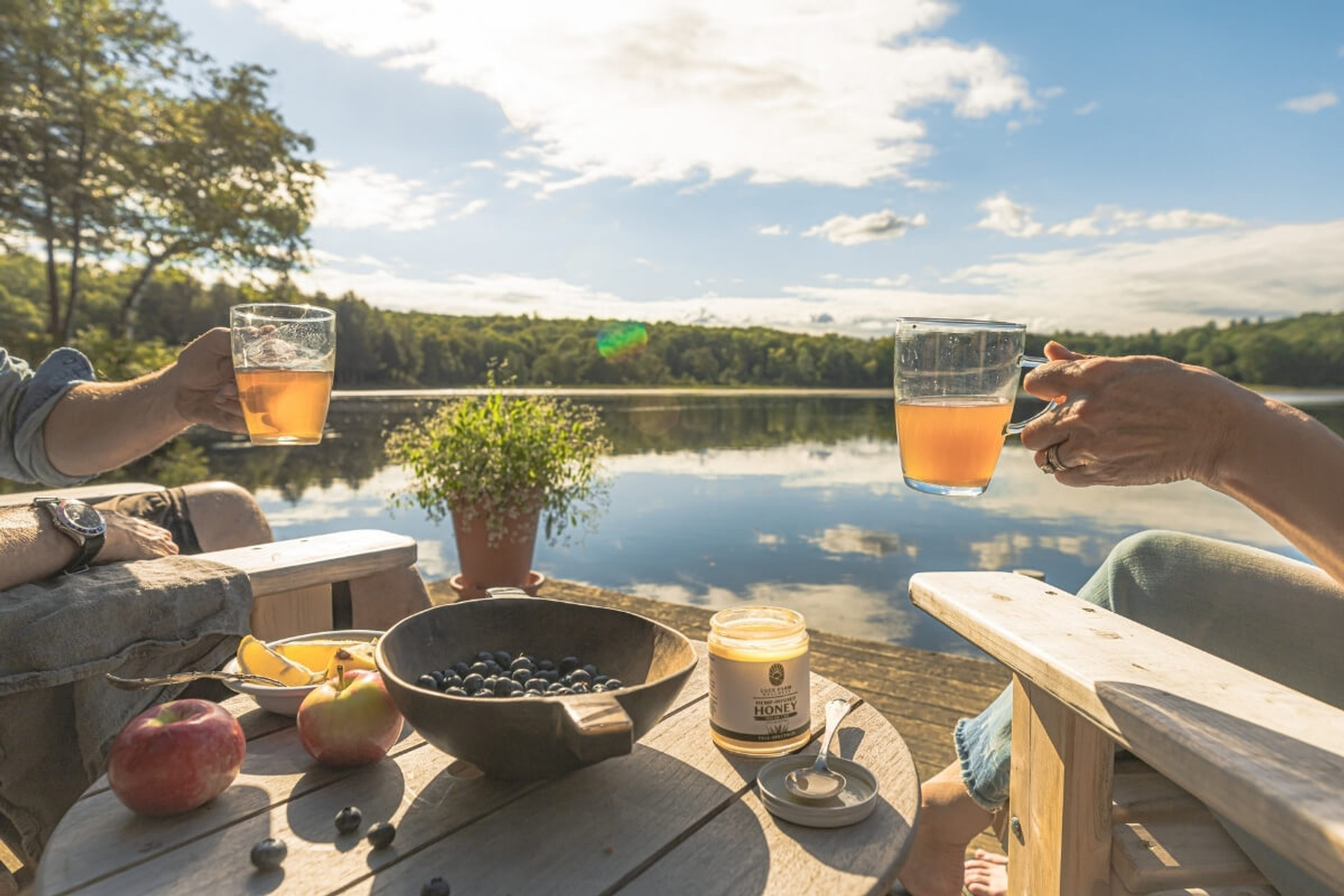7 Ways to Relax During Stressful Times
16th Dec 2020
Stress can happen to anyone at any time, but recent months have been more stressful than ever for many people. Rather than ignoring it, it’s important to recognize the signs of stress and take steps to reduce or eliminate it.
To help you on your journey, we have compiled a list of 7 ways to relax during stressful times. These techniques can be combined or used alone, depending on your individual needs. So read on and learn about the most effective strategies to reduce your stress.
What is Stress?
Stress is a general term used to describe a disruption of homeostasis in the body or a change in internal state due to a perceived threat or challenge, according to ACSM’s Health & Fitness Journal. Stress has some short-term adaptive benefits, such as triggering a survival response (sometimes known as "fight or flight") in situations where a person is in immediate danger, but chronic stress can have serious consequences.
When we endure a stress trigger, the body’s initial response is to release hormones which elicit or promote actions from the other systems in the body. After an acute stress event, such as a car accident, the body typically returns to normal rather quickly. Conversely, chronic stress can put us in a state of prolonged stress response, which can impair the communication between bodily systems and negatively impact health in numerous ways.
We all experience stress differently, but some of the most common effects of stress can include:
- Muscular Tension: When we experience stress, our muscles tend to contract in an attempt to protect us from harm. Long term muscle tension can lead to tension headaches as well as neck and back pain.
- Digestive Issues: Many of us are familiar with the gastrointestinal effects of stress, which can include increased or decreased appetite, nausea, bloating, and irregular bowel movements.
- Cardiovascular Effects: Stress can cause an increase in heart rate and elevated blood pressure, and long-term exposure is said to increase the risk of heart attack and stroke.
- Endocrine Response: The endocrine system is a complex network within the body. Chronic stress can cause endocrine disruptions which can lead to effects such as chronic fatigue, depression, and even metabolic disorders.
Best Ways to Handle Stress in Difficult Times
We know that stress can negatively impact many aspects of our day-to-day lives, but many of us haven’t found the right ways to reduce it. Some turn to less sustainable methods to temporarily relieve stress, such as eating junk food, bingeing on Netflix, or drinking alcohol. If you’re feeling stressed and looking for more health-conscious and long-term techniques, check out these top 7 stress-relieving suggestions.

1. Set Healthy Goals
With so many activities being cancelled or altered recently, many people are dealing with a loss of normalcy and are sensing a lack of purpose. This can lead to a sort of existential stress. It’s difficult to know exactly where you fit in a world that has been turned upside down.
Setting goals can be an excellent way to focus on what really matters to you and instill a sense of purpose. It’s important to get specific about where and when you plan to work toward your goals.
For example, if you want to learn a new language, rather than saying “I will practice French every day,” make a commitment to yourself such as “After I put away the dinner dishes, I will spend 15 minutes in my comfy chair practicing French.” Perhaps, when life returns to normal, you can celebrate your success by traveling to France (or Quebec) and conversing with the locals.
2. Make Space
When spending more time at home, especially during the winter months when there are fewer options for outdoor entertainment, it can start to feel like the walls are closing in, which can add to an overall feeling of stress. It’s more important than ever to clear out the clutter in our lives, both internally and externally. There are a variety of ways to make space for yourself that don’t involve putting an addition onto your home.
- Physical Space: This extra time at home is a perfect opportunity to let go of things that no longer serve you, including clothes that don’t fit, knickknacks that you don’t love, obsolete paper files, and much more. You might find that when you clear out unwanted stuff, you’ll have more space for the things that bring you joy.
- Mental and Emotional Space: It’s easy to feel stress when you’re carrying the weight of the past, present and future on your shoulders all at once. There are many ways to make space in your mind to help you de-stress. Writing a daily to-do list can help you keep track of tasks. Journaling can help you clear the many thoughts and emotions you’re carrying around. If needed, you may even consider working on letting go of anger or resentment toward the people in your life, or apologizing for past wrongs. All of these brain-decluttering actions can bring you more peace of mind.
- Temporal Space: For some folks, the morning commute was the only time of the day where they could sip coffee, listen to some music or a podcast, and mentally prepare for the day ahead in peace. Other types of personal time have been significantly altered as well, such as time at the gym or a twice-monthly trip to the nail salon. The time you take for yourself can provide much-needed physical and mental space from our hectic lives. Whether it’s a Starbucks run where you listen to your favorite playlist in the drive-thru, or waking up before everyone else to read a few pages of a book, just taking a “time out” for yourself can reduce stress.
3. Nourish Yourself
When you’re feeling stressed out, it’s easy to neglect even the most basic of human needs, including a well-balanced diet. When we’re busy, stressed, and tired, it’s easy to gravitate toward less nutritious, highly-processed convenience foods.
Research on the gut-brain connection shows us that gut health can influence the brain, and that the brain can influence gut health, which makes proper nutrition even more crucial when dealing with stress. A healthy diet composed of plant protein, unsaturated fats, and fiber can have a positive impact on a healthy gut microbiota. Compared to excessive consumption of animal protein, saturated fats, and sugars.
Eating healthy presents a unique opportunity to get creative with new ingredients and flavors. Consider trying cuisines from cultures that eat a diet mainly sourced from plants, and notice how your gut (and your brain) will thank you.
4. Align Body and Mind
The body is also intimately connected with the brain, and research has shown that exercise can reduce stress, both during the activity and for quite some time after. Starting an exercise routine can seem daunting when you’ve been out of practice for a while, but you don’t have to run a marathon or do Crossfit to enjoy the stress-reducing benefits of exercise.
Some of the best types of exercise for beginners include:
- Walking
- Bodyweight Exercises
- Yoga
- Dance
Your body doesn’t always have to be in motion to enjoy improved wellness. In fact, mindfulness practices such as deep breathing, progressive muscle relaxation, and mindful meditation are particularly helpful in reducing stress, anxiety, and even depression. With regular exercise and a mindfulness practice, you can reduce stress while also feeling good about increasing strength, endurance, lung capacity, and overall health.

5. Connect with Nature
Have you ever wondered why visiting the beach, going hiking, or even playing outside with your kids can feel so good? According to a study, “Findings suggest that visiting natural environments can be beneficial in reducing both physical and psychological stress levels.” Experts suggest that natural environments reduce attention fatigue and appeal to our natural instincts by providing elements that were beneficial to our early survival, such as water and open space.
One of the best benefits of venturing to the natural environment is that it’s an enjoyable activity that allows you to keep a safe distance from others. In recent months, many walking paths and nature trails have even been widened to accommodate socially-distant nature enthusiasts.
6. Focus on Self-Care
Self-care has become a popular buzzword in the last few years, but these days it’s truly more important than ever. The old saying “you can’t pour from an empty cup” applies here. Between working from home (or experiencing unemployment or reduced income), online learning, less social connection and reduced access to certain services, all while trying to keep yourself and your family safe and healthy, it’s easy to forget to tend to your own needs.
Self-care can be any of the activities we typically associate with the practice, such as putting on a clay mask and taking a luxurious bath. But could also mean any healthy activity you do for your own enjoyment and emotional well-being, like having a dance party for one in your living room or painting pictures of cats.
Other forms of self care can be more subtle but just as effective. Burning a scented candle while you fold laundry, buying freshly-cut flowers for your kitchen table, or watching the sun rise while drinking coffee outside on your porch are just a few ways to add brightness and a little bit of joy to your everyday routine.
7. Incorporate CBD

Of course, one of our favorite ways to promote wellness is to incorporate high quality CBD into your daily routine. As we have learned, stress disrupts the body’s natural state of homeostasis. Studies have shown that one of the functions of the endocannabinoid system is to help promote homeostasis when the body is out of natural balance.
CBD interacts with the endocannabinoid system in ways that are similar to the cannabinoids we produce naturally within the body. Although more research is needed, this could mean that CBD has the potential to become an important tool in your arsenal for bringing balance to the body and mind when we are experiencing stressful moments.
One of the best qualities of CBD, CBG, and other hemp extracts is that they pair nicely with many of the aforementioned stress-reducing techniques. For example, you can enjoy CBD before a meditation or yoga session, try a new healthy recipe and incorporate a few drops of CBG extract, and even make your own CBD-infused self care products such as massage oil or bubble bath.
At Luce Farm Wellness, helping our customers feel their best is our mission. We hope that these stress-reducing techniques can help empower you to kick stress to the curb, and even in dark times, make room for the beautiful things that life has to offer.
